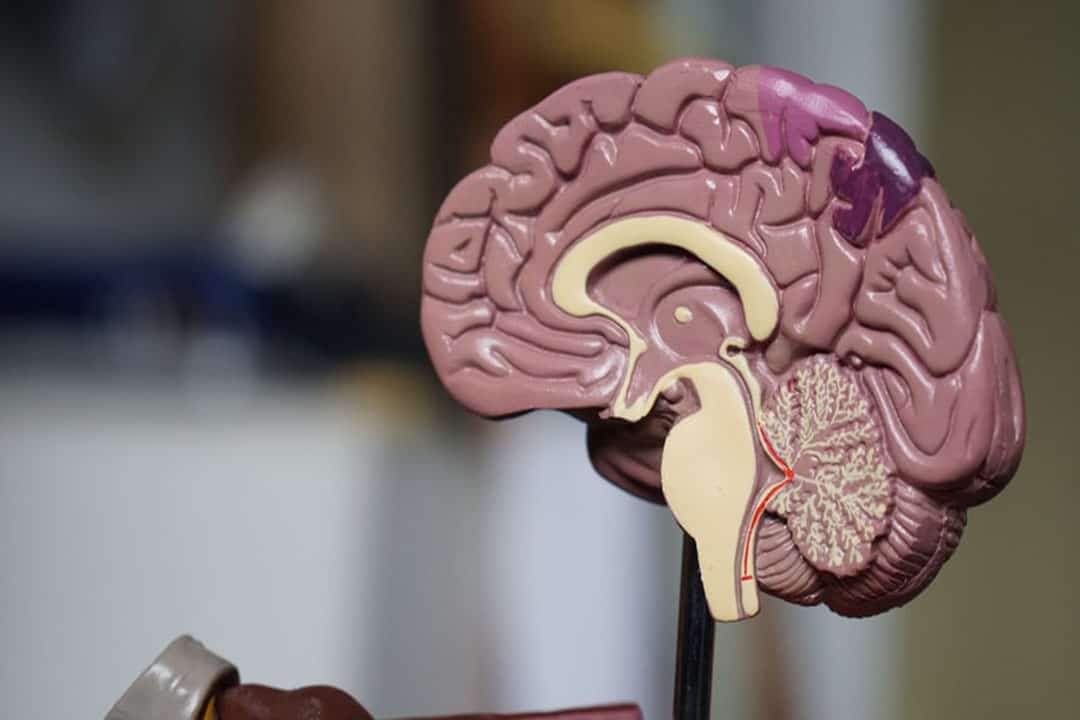How did the Prophets connect to Allah
There are so many distractions in this world that it might not be a foreign feeling to suddenly find oneself stunned by how our focus has slowly drifted away from God- maybe this is something we feel viscerally like realising we haven’t felt truly at peace for a long time or maybe have a sense that we’ve forgotten something and know it’s time to reconnect to our faith but are procrastinating or putting this off because not knowing where to start.
We are in a very privileged position to have so much wisdom to draw upon, and reflecting on the lives of the Prophet Ibrahim (AS) and the Prophet Muhammad ﷺ can help us to find a starting point for even our lowest times. Both prophets grew without a conscious realisation of Islam – this developed in them over time, after many hours of deep thinking. They used their God-given faculty of reasoning to reach the conclusion in the first part of the Shahada: There is no God but Allah. For Ibrahim (AS) this realisation came after critically thinking about the religion of his father and its clear logical flaws, reflecting on what God as a concept means and coming to the conclusion that stone figures cannot help or harm, having no power to give or take, protect themselves or others.

In Surah An’am we see a logical illustration of why some creations of God that were worshipped cannot be worshipped as God Himself – the appreciation of creation can draw us closer to Him if it gives rise to awe and gratitude but shifting reverence from Him to the creation is what is proved wrong here:
So when the night covered him [with darkness], he saw a star. He said, “This is my lord.” But when it set, he said, “I like not those that disappear.”
And when he saw the moon rising, he said, “This is my lord.” But when it set, he said, “Unless my Lord guides me, I will surely be among the people gone astray.”
And when he saw the sun rising, he said, “This is my lord; this is greater.” But when it set, he said, “O my people, indeed I am free from what you associate with Allah.
Indeed, I have turned my face toward He who created the heavens and the earth, inclining toward truth, and I am not of those who associate others with Allah.”[Qur’an 6:76-81]

This highlights the witnessing of the signs that the Creator has placed in the creation of this world for us to reflect on. What we might forget is that this world has been created in such a way that guides us to Truth – the deep sadness we feel and loss of inner peace when we stop praying or remembering Allah serves to remind us of our human nature, our dependence to Allah SWT. Our successes and sins remind us of our deep need for guidance and that all goodness comes from Allah and the best people who have walked this Earth have sought Him to have goodness placed in them. Our joys and losses in life remind us that Allah is Who gives and takes. It’s our resilience against distractions, our will to seek Truth, and purity of our hearts that help us to see and interpret our lives in a way that draws us closer to Allah SWT.
We know that one of the main ways Shaytan distracts us is by making us forget – just like he led Adam AS to forget, and Moses’ guide to forget about the fish which jumped back into the ocean whilst they sought the wise man Al Khidr. Returning to God means a conscious effort to remember Him, and the Prophet Muhammad ﷺ embodied this remembrance in his life through his routine, having prayers for the most minute of actions from dressing to going to the toilet, leaving the home and entering the market. Every second of the day the Prophet ﷺ modelled what it is to live and act with Taqwa (God-consciousness) and his journey also gives comfort and motivation to those who might feel overwhelmed: we may be struggling to keep focus in our prayers never mind maintaining Taqwa throughout our daily life outside of prayers.

The Prophet Muhammad ﷺ himself went on a spiritual journey and much like Ibrahim (AS) this began with reasoning and reflecting by frequently secluding himself in the cave of Hira to spend time thinking. There was an inner awareness of God and an ongoing remembrance of Him through spending time immersed in the beauty of His creation and in silent reflection. The form in which the Prophet ﷺ remembered Allah changed as revelation was revealed, first he was directed to recite the words revealed to him, then after the Night Journey he learnt to pray the five compulsory prayers and learnt many supplications that can be recited throughout the day. In a similar way, the way we remember will change as we move closer to Allah SWT. Just take one small step and trust that Allah SWT will help you. Let us not be discouraged by criticising our actions as too small or not enough, that is just another method Shaytan may use to stop us from doing anything at all and let us not forget that intentions matter too. Better late than never and better a small action than nothing at all. This might vary for people – maybe it’s praying two rak’ah (units of prayer) after reading this article or waking up for Fajr on time or remembering to say bismillah before eating or giving to charity.
May Allah SWT guide and connect us to what is pleasing to Him, accept it of us and help us on the right path Ameen.





Breathing
Breathing is the definition of life,
The only way to deal with strife
is to exhale to a count of six,
and in for 3 or 4, to fix
whatever ails, there is only air
that we need 24/7, if we care
for ourselves, it is where to begin,
for Peak Performance, you can win
the race if you prepare,
Learning to focus and care
for your reaction to distraction,
And enhance your satisfaction.
Breathing consciously with EZ-Air,
The Biofeedback Federation of Europe really care!
Copyright Lawrence Klein 2011
http://bfe.org/new/try-our-breath-pacer-ez-air-plus/
“Do not have ill-will towards one another, do not be envious of one another, do not turn your back on one another; O, servants of Allah, be brothers (and sisters). It is not permissible for a Muslim to remain angry with their brother [in religion] for more than three days.[Bukhari, Al-Adab (Good Manners); 57-58]